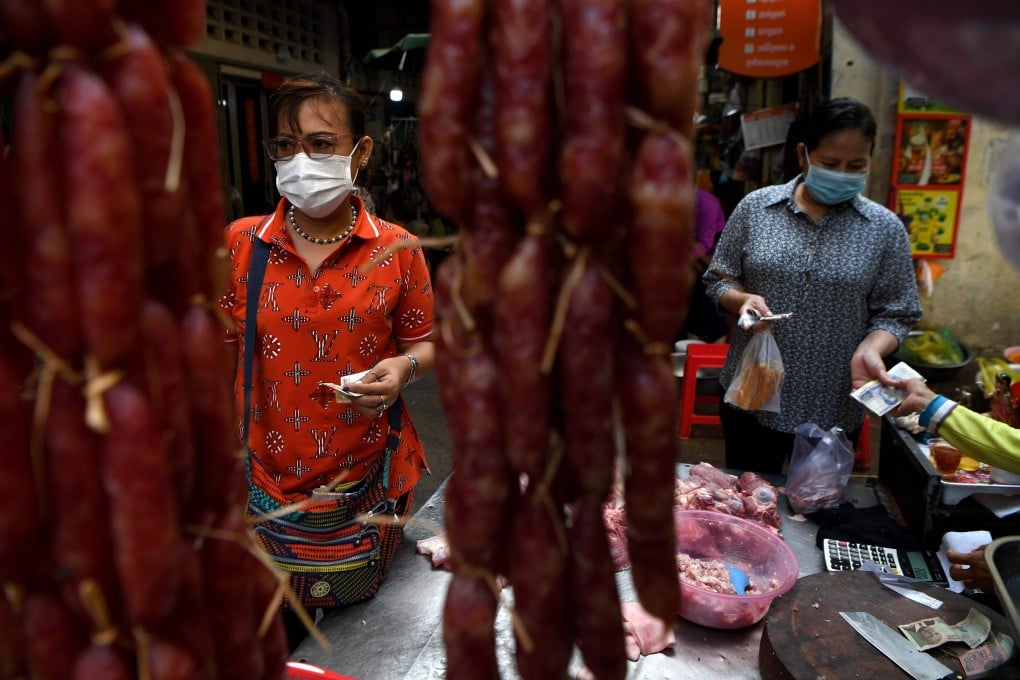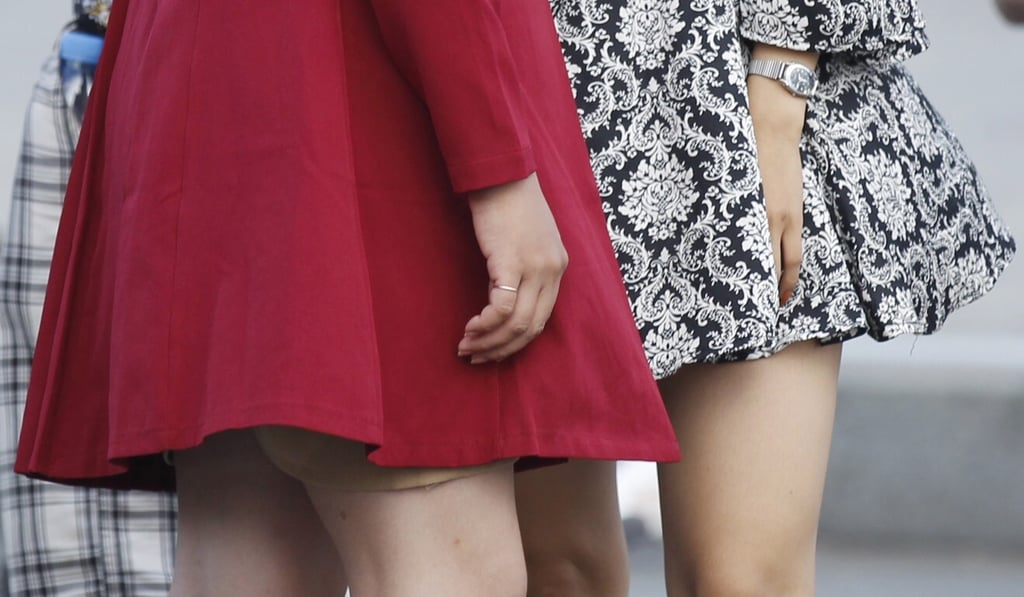Cambodia’s ‘sexy’ clothing ban could criminalise face masks, speaking loudly and homelessness too
- Wide-ranging draft legislation has been flagged by 65 civil society groups for its potential to be used against vulnerable groups in violation of their rights
- As well as revealing clothing, it contains provisions limiting alcohol sales and suggested bans on begging and face masks – despite Covid-19

She was told that her clothing choices had been deemed harmful to Cambodian traditions and was ordered to refrain from sharing any further photos or videos of herself wearing such revealing outfits.
A video posted to Facebook by the police shows her apologising for her actions, yet according to officers this did not deter Rachna, who was arrested soon afterwards in response to a new Facebook post. Within days, she had been charged with offences related to pornography by a court in Phnom Penh and was jailed for six months, though she served only two of these before being released.
Cambodia’s government is in the process of pushing through a new public order law that would police people’s manner of dress and other forms of expression in the name of preserving Khmer culture and “national traditions”, which has sparked broader concerns that more women will be punished for wearing revealing clothes, in violation of so-called traditions and norms.

Ouk Kim Lek, secretary of state at the ministry, last month told The Phnom Penh Post that most provincial authorities – who would be tasked with enforcing the legislation – had voiced their support for it. However, he said clarification had also been sought, with some places such as coastal areas asking if they would be exempt from the new law.
